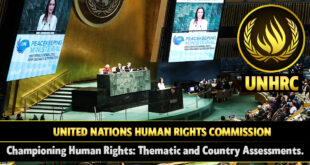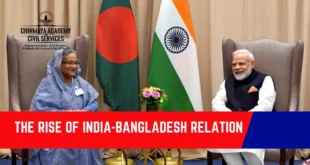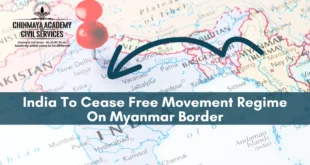Every evening at 6, a crowd of around 200 gathers in the city centre of Banja Luka, the capital of Republika Srpska, the Serb-dominated ruling entity of Bosnia and Herzegovina, to protest against the death of David Dragičević, a young man who was found dead in March. Various cities in the country, including the capital city of Sarajevo, have witnessed protests since the murder seeking “truth and justice”, but their demand may be drowned out by the election spectacle. Protesters, headed by Dragičević’s father Davor Dragičević, accuse the government of covering up his son’s “murder”. The government, which initially constituted an investigating committee, later dissolved it even after the panel found Dragicevic was murdered. Bosnia and Herzegovina goes to the polls on Sunday to elect the national presidency and members of the House of Representatives. Dragičević’s death may have rattled the campaign, but the main talking point is the country’s EU accession. Post-war Bosnia’s Constitution is a product of the Dayton Accord, drawn up in its namesake city in Ohio in 1995 and signed in Paris. It was meant only to end the war that broke Yugoslavia and, hence, offered little foresight for the country’s stability. Under the current system, three members are elected for the Presidency from Bosniak, Serb and Croat ethnicities and each gets an eight-month term as Chair of the Presidency. At the last count, 53 political parties are contesting the elections. Across party lines, EU integration remains the top priority. “The western Balkan countries should be part of the EU soon. The border issues will become irrelevant if we become members of the EU,” said Sefik Dzaferovic, a candidate for President from the Bosniak party, SDA. That, of course, is easier said than done. A 2016 report by the German political think tank Friedrich Ebert Foundation on the EU integration of Bosnia painted a less hopeful picture. “After two decades of an intense and robust state-building process, BiH (Bosnia) still exhibits a number of characteristics of failed states,” it reads. It noted that the decentralised government structure is a particular challenge for stability.
Check Also
India- Russia Relationship
India and Russia appear eager to reestablish their relations in the modern world. The significant …
 Chinmaya IAS Academy – Current Affairs Chinmaya IAS Academy – Current Affairs
Chinmaya IAS Academy – Current Affairs Chinmaya IAS Academy – Current Affairs



